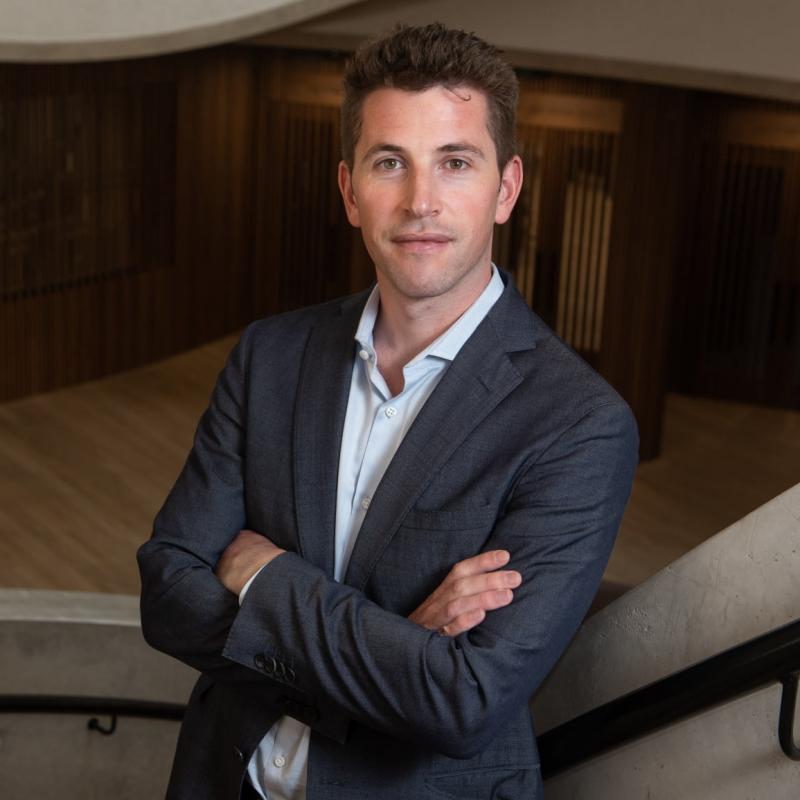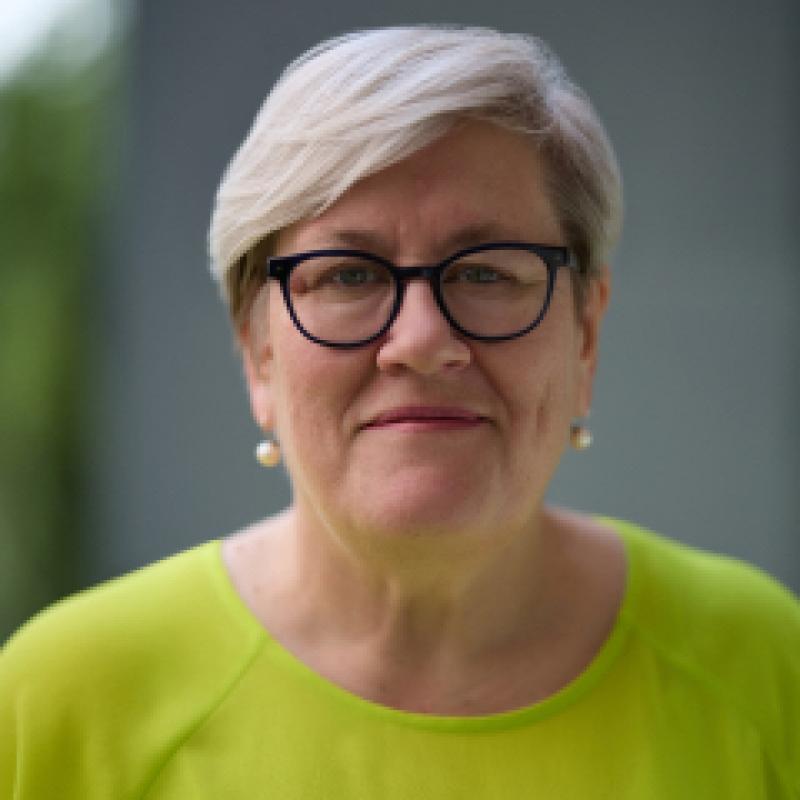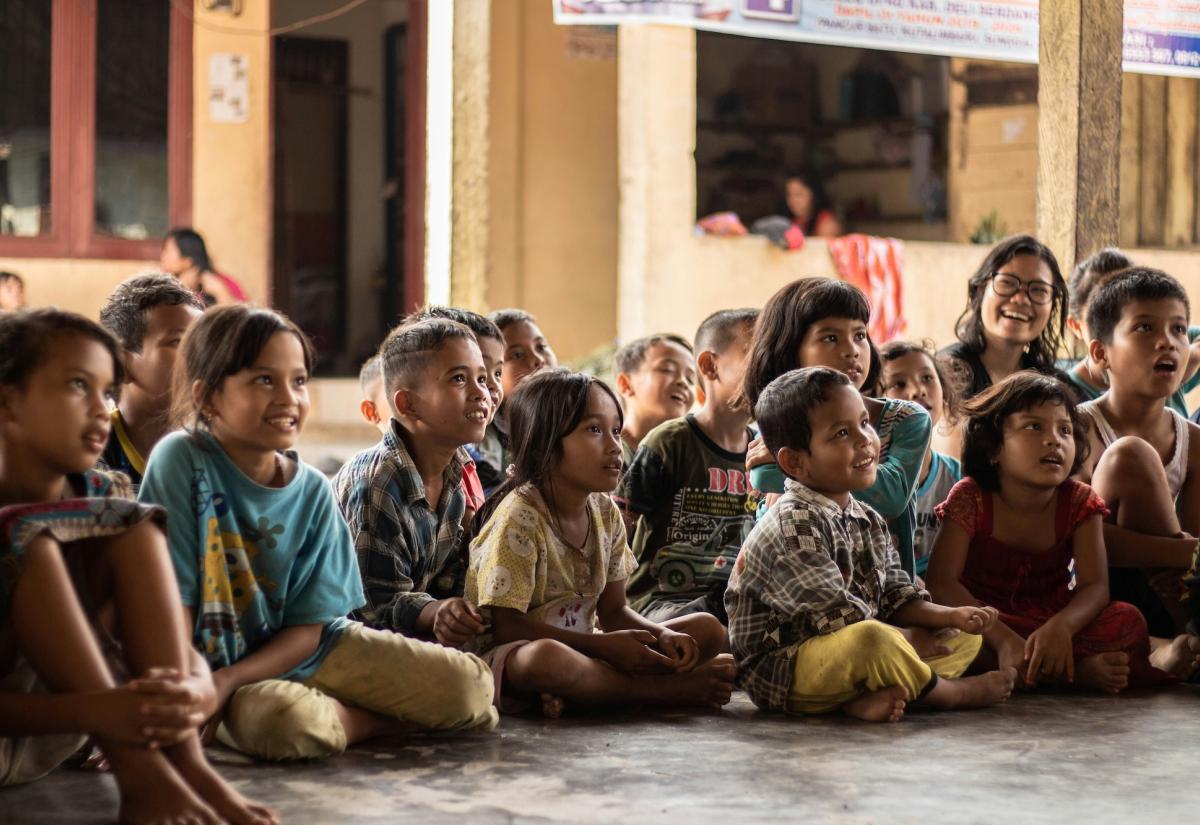The Blavatnik School of Government responds to COP30 in Belém
COP30 in Belém saw limited progress in efforts to reduce global greenhouse gas emissions but did demonstrate a continued commitment to multilateral negotiations. Professors Rachel Kyte, Thomas Hale and Alan Stein reflect on the summit.

COP30 in Belém saw limited progress in efforts to reduce global greenhouse gas emissions but did demonstrate a continued commitment to multilateral negotiations.
The Blavatnik School of Government was represented at the negotiations by multiple faculty and project leads. Three of our faculty reflect on the summit.
Thomas Hale, Professor in Public Policy and Director of the Master of Public Policy
In a year of worsening climate impacts and geopolitical conflict, COP30 was both absolutely necessary and completely insufficient. The fact that every country in the world – minus one – could reaffirm their commitment to act on climate change is powerful and real, even if their action remains insufficient.
The COP shows that multilateralism can endure even when the biggest countries are hostile, like the US, or disengaged, like China. The consensus rule means that the COPs themselves cannot be the engine of action, but they are a critical launchpad for the groundswell of coalitions and initiates – including also cities, regions, businesses, and investors alongside governments – that are the vectors for forward progress today.
Globally, climate policy is becoming more robust and real as the post-fossil economy emerges, with developing countries emerging as pace-setters on policy implementation, according to the Oxford Climate Policy Monitor. But we need to go faster.
At COP30 the fault lines on fossil fuels were clearer than ever before, with about half the countries pushing for a roadmap to phase out. However, many big economies are still “standing athwart history and yelling ’stop’,” to paraphrase the conservative writer William F Buckley. The question is not whether this divide can be resolved in a global consensus process – it can’t – but rather what 'coalitions of the willing' emerge. The phaseout coalition is now bigger and stronger than ever, with an important summit planned for April 2026.
Rachel Kyte, Professor of Practice in Climate Policy and special representative on climate for the UK government
COP30 carried an extraordinary weight on its shoulders. 50,000 people in a small city on the banks of the Amazon delta, to pivot from 10 years of negotiations of what we need to do to achieve the Paris agreement, in a year where the US withdraws again, but this time with an active diplomacy to undermine multilateralism. The people of Belem welcomed so many strangers with kindness and great equanimity.
We left Belem with our commitment to multilateralism affirmed. Yet the final texts were tepid in their ambition. However, everyone is still in, and if we can align the means of implementation (finance, trade, debt relief – all things negotiated outside the mandate of the UNFCCC and the Paris Agreement), we can go further, faster.
The USA was present, in the ether if not in person, and clearly had an impact on the public positions of several countries and on the decisions to attend by some senior figures in different delegations. But in many pavilions and at thousands of events, the feeling was one of disbelief at the US’s self-inflicted harm – the transitions are underway, and the gap between electrostates and petro states will widen.
This was clearly a COP that marked the beginning of a new world order in which the BRICS assume greater leadership, a COP where science was openly challenged and the challenge rebuffed, a COP where the action agenda was alive, and democracy allowed demonstrations and festivals all around, focused on the vastness of public support for climate action. There are more people and more countries that want action than don’t, and, notwithstanding the buffeting winds of current geopolitics, are committed to working together to keep 1.5 alive and any overshoot is short and shallow.
Alan Stein, Senior Research Fellow in Global Health & Public Policy, and Director of the Children’s Climate Initiative
The release of the Belém Health Action Plan at COP30 – and specifically its crucial inclusion of children – is a moment that provides renewed faith in the system. The Belém Health Action Plan is the first global climate plan specifically aimed at addressing the human health impacts of climate change. As a professor working in global health, I am delighted by this overdue focus. Any delay in tackling climate action will result in millions of avoidable deaths every year.
My colleagues and I were able to collaborate with the Brazilian Health Ministry and advocated for children to be more directly considered in the Belém Health Action Plan through feedback on an early draft. This connection came about thanks to my colleague Omnia El Omrani, an alumna of Oxford’s Blavatnik School of Government.
The Belém Health Action Plan’s recognition of the distinct needs of children is an important step in focussing international efforts. While it is undeniable that children are the group most affected by climate change, we have yet to elucidate the precise mechanisms by which climate change induced extreme weather events affect different groups of children in specific ways and in particular locations. This detailed information is critical to inform the granular evidence necessary to develop appropriate adaption and mitigation actions to protect children. The Children and Climate Initiative exists to develop this granular evidence around the globe.




